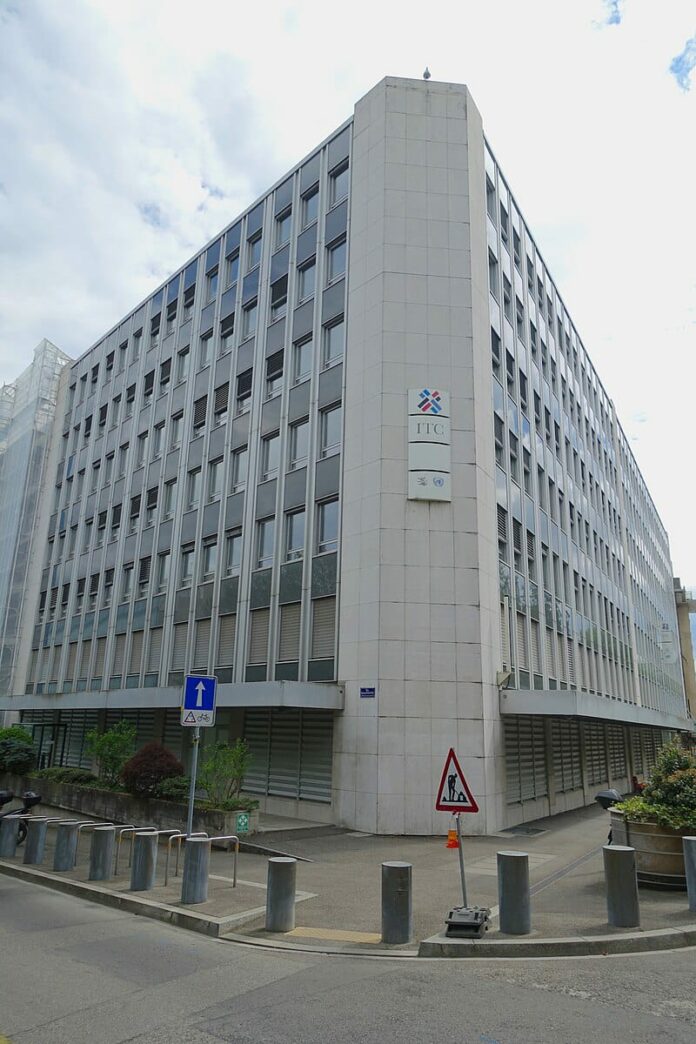By Dawda Baldeh
The ECOWAS Commission, in collaboration with the International Trade Centre and backed by the European Union, has launched the West African Competitiveness Observatory. This online platform is designed to foster economic growth in West Africa by harnessing the region’s untapped export potential, estimated to be worth $3.2 billion.
The Observatory presents three distinct modules designed for various stakeholders.
The Trade Competitiveness Module offers in-depth monitoring and analysis of countries’ trade competitiveness on global, continental, and regional scales.
The Regional Value Chain Module enables policymakers and businesses to evaluate and incorporate regional value chains in essential sectors, including apparel, textiles, beauty and personal care, infant food, processed fish and crustaceans, and processed plant products.
Finally, the Business Matchmaking Module promotes cross-border cooperation by linking businesses with regional partners, supported by automatic translation in English, French, and Portuguese.
The Observatory aims to provide policymakers and businesses with important information to take advantage of international markets, generate employment, and contribute to economic growth.
By leveraging this tool, businesses, especially small ones, can identify business opportunities and engage with buyers and suppliers across West African markets.
The launch of the Observatory comes at a time when West Africa faces challenges posed by globalization, technological advancement, and an evolving trade landscape.
The platform’s goal is to position West Africa as a hub of economic growth and opportunities on the global stage.
According to the ITC, West Africa has the potential to add $45.7 billion in exports to the world by 2027.
The West African Competitiveness Observatory serves as a monitoring tool for assessing trade competitiveness and facilitating the development of value chains in the region.
It aims to support policymakers in crafting trade competitiveness policies and assist local firms, especially small businesses, in integrating into regional value chains.
The ITC, as a joint agency of the World Trade Organization and the United Nations, focuses on assisting small and medium-sized enterprises in developing and transitioning economies to become more competitive in global markets.
Their work aligns with the Aid-for-Trade agenda and the United Nations’ Sustainable Development Goals, contributing to sustainable economic development.




